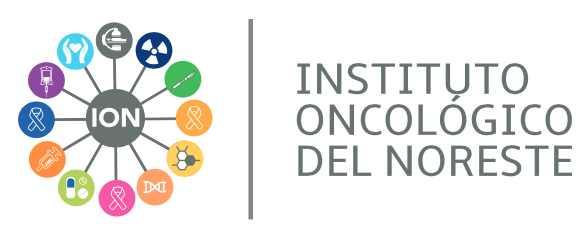Head & Neck Cancers
Although not the most common form of cancer, it is estimated that in 2016, approximately 55,000 people will develop head and neck cancer in the U.S. These tumors can originate anywhere in the head and neck area.
Treating Head and Neck Cancer
Treatment for cancers in the head and neck varies, depending on the size, location, origin of the tumor and stage, as well as the health status of the patient. Management requires a multidisciplinary approach, including a Surgeon, a Radiation Oncologist, a Medical Oncologist and a Dentist. Surgery and/or Radiation Therapy are the best options for early cancer. For more advanced tumors, the combination of surgery, radiation and chemotherapy offer the best chance of improvement or cure.
Radiation therapy is one of the most efficacious modalities of treatment available for the management of head and neck cancer. The ICI medical team will deliver highly focused doses of radiation to the tumor while avoiding damage to the surrounding healthy tissues. New technologies in radiation therapy produce excellent local control, allowing for organ and function preservation. Radiation therapy can also be safely administered in combination with chemotherapy (chemoradiation) and/or immunotherapy.
Surgery
Surgery is a key component in the management of early head and neck cancer. Prior to treatment, a complete examination of the head and neck must be performed by an ear-nose-and-throat specialist (ENT) and/or an oral surgeon. A biopsy should also be obtained for pathological diagnosis.
Dental Care
Dental care is essential before, during and after radiation treatment. You will need to be seen by a dentist before starting treatment to obtain a dental clearance. See more details under Side Effects below.
Possible Side Effects
Radiation treatment for head and neck cancer and tumors usually cause dry mouth. The decrease in saliva can cause a greater chance for developing dental cavities. Patients may temporarily loose their sense of taste. Newer techniques of radiation, such as the ones used at ION, can minimize some of these side effects. It may be helpful for your dentist to speak with our doctors before any dental work is done, during or after the period of treatment.
Side effects can be controlled using these suggestions:
- Rinse your mouth with a salt and soda solution every 1-2 hours. (In a quart of water, put a teaspoon of salt and a teaspoon of baking soda). This is the most important thing you can do to reduce mouth side effects during radiation.
- Avoid mouthwash that contains alcohol.
- If you wear false teeth, ask your doctor if you can still wear them during treatment.
- Eat soft, moist foods. Put gravy and sauces on foods to make them easier to swallow.
- Avoid foods with sharp edges such as crackers or chips.
- Eat when you feel hungry, even if it is not meal time.
- Do not use alcohol-based after-shave. Use an electric razor for shaving.
- Ask your doctor about special prescription mouthwashes to reduce mouth symptoms and make swallowing easier.
- Ask your doctor or nurse about using liquid dietary supplements.
- Carry a container of water with you so you can take frequent sips.
- Sugar free gum or candy may help relieve dry mouth.
During Radiation Treatment
Patients need plenty of rest during treatment. Follow your doctor’s orders. We will ask you about all medications and vitamins you are taking to make sure they are safe to use during radiation therapy. Nutrition is important. Try to eat a balanced diet.
Seek out help from support groups and friends ahead of time. If you need additional assistance, let your doctors and nurse know.
